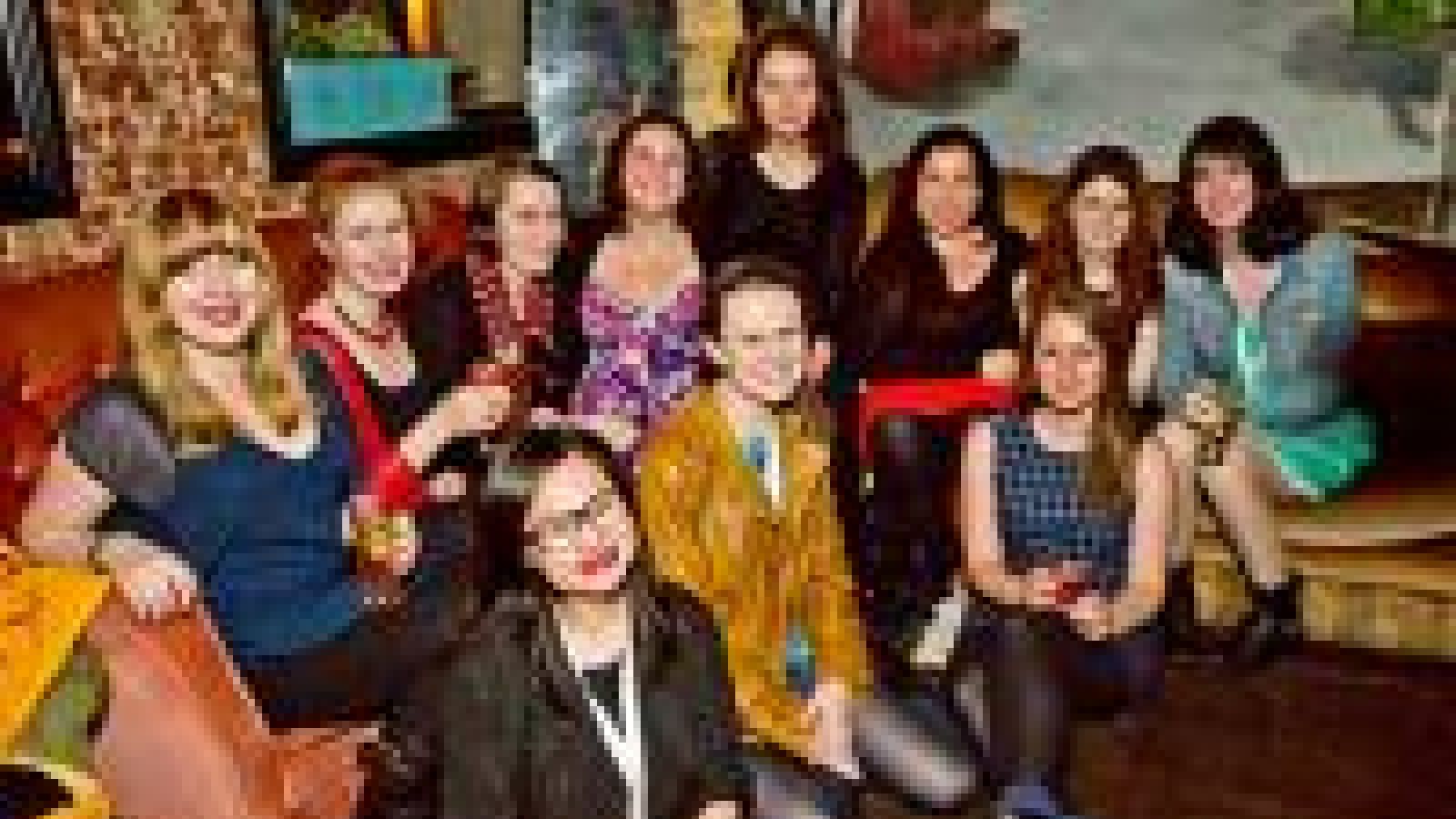"White is the most visible invisible colour"

Title quote: Beth Ritchie, ANU Women’s Officer 2013
Attending a national university women’s conference has given music and development studies student GILLIAN COLGAN a renewed determination to keep campaigning for better women’s rights at ANU and in the community. Gillian reports.
In July this year, I attended the largest gathering of women students in the Pacific region – the Network of Women Students Australia (NOWSA). NOWSA is a week-long annual conference held at a different educational institution each year. NOWSA 2014 was hosted by Edith Cowan University in Perth.
This year the topic of discussion was intersectionality – which in this context refers to the oppression women face in varying degrees of intensity based on external factors. We attempted to address this issue and give these women a voice by forming autonomous caucuses.
The caucuses this year were: Aboriginal and Torres Strait Islander, Women of Colour, Disabilities and Mental Health, Low Socio-Economic and Queer. Pro-caucuses met at the same time in support to discuss issues faced by these groups. We also attended workshops where we discussed other issues faced by women in today’s society.
The conference was graced with some fantastic keynote speakers. Each speaker had a very different perspective on what things need to change in feminism. One of the speakers focused on the marginalisation and vulnerability of sex workers, advocating for de-criminalization of this profession. She highlighted the faults in partial criminalization, such as the system in place in Sweden. She believes that decriminalization is the most effective way to protect some of these most vulnerable women in society.
During another keynote, refugee rights activist Sarah Ross gave us valuable insight into how Australian refugee detention centres are run. As a regular visitor to refugees in detentions centres, she moved us to tears with her recounts of their stories.
By providing the community with names and personal accounts, she aims to bring humanity back into this issue. In this way, Sarah hopes that refugees do not merely become numbers, like the identification numbers they are given upon arrival in Australia. Her visits provide hope for the detainees, as they know that their stories are finally beginning to be heard.
In her speech, Eugenia Flynn discussed the limitations of traditional feminism. She noted that in the past, women of colour and faith were mostly excluded from the movement. She highlighted that if careful measures are not taken, this could continue to happen today. Eugenia spoke about how women’s collectives can support both women of colour and Muslim women in a way that is helpful to them- rather than being guilty of the “white saviour” complex.
By attending these lectures, as well as workshops with topics such as “Who Am I? Language, Culture and Identity” and “Feminist Perspectives on Anorexia”, I have returned to Canberra with a new determination.
Our own ANU Women’s Department recently ran a campaign against rape jokes which included a comedy gala to promote smart and safe humour – and we had a full house. Running campaigns like these shows us that the support is there. It is up to us to continue to be on the lookout in our community for women’s issues that need addressing.